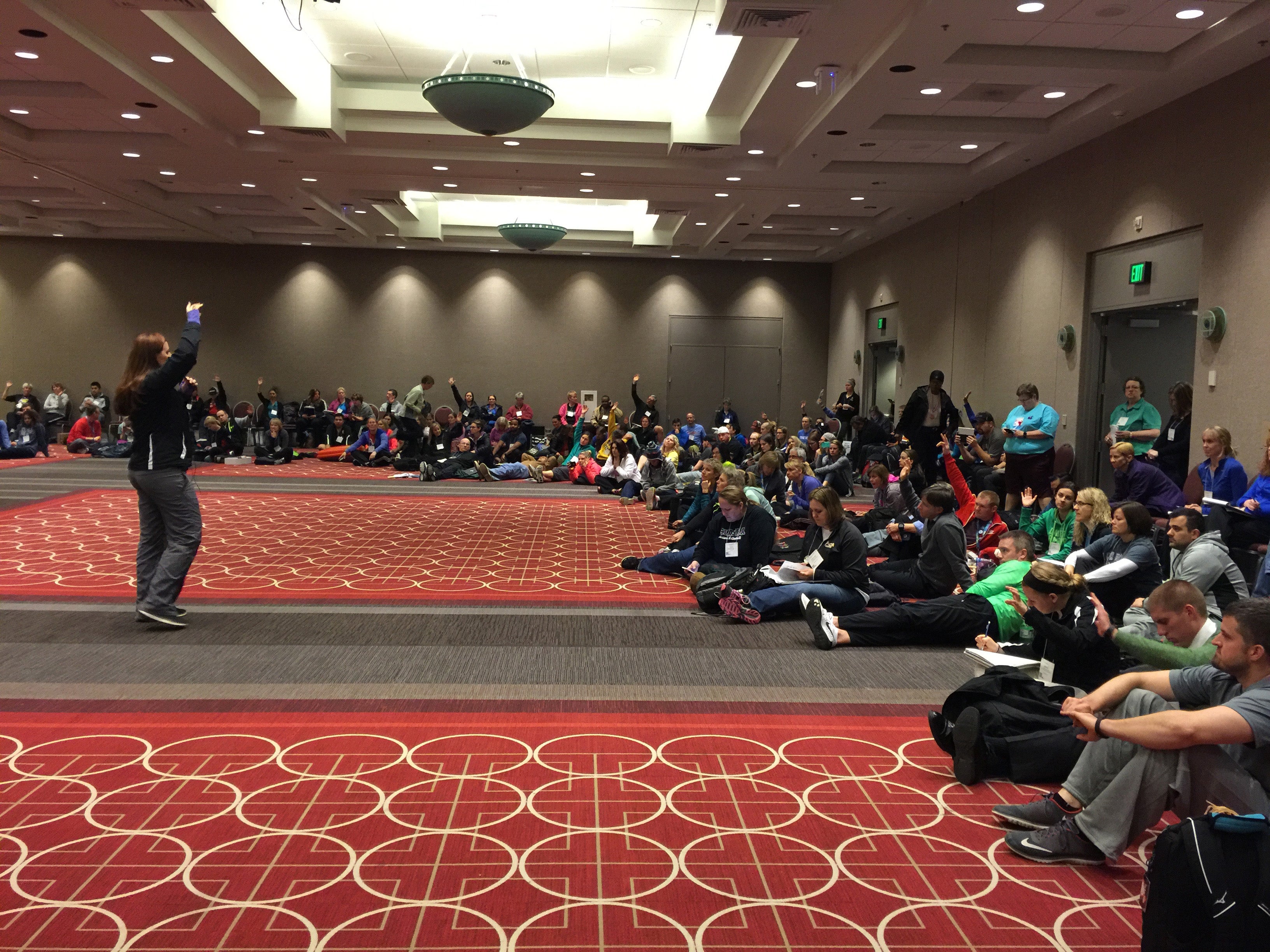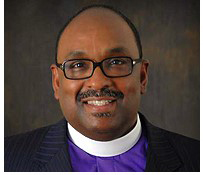Gray Stone teacher makes a national impact
Published 12:00 am Thursday, April 21, 2016

- Prior speaks at the national SHAPE convention. Submitted photo
Recently, Gray Stone Day School Health & Physical Education teacher Amy Prior presented and attended the Society of Health and Physical Educators (SHAPE) America national convention in Minneapolis, Minn. Prior facilitated a session on teaching best practices in which she shared with teachers from across the United States and 13 countries how to teach students health literacy through a skills-based application using the National Health Education Standards.
A skills-based classroom engages students through active learning and focuses on providing students opportunities to practice health-enhancing skills rather than simply focusing on content knowledge. The theory is that students will make health decisions based on health-promoting skills rather than on content alone. For example, we all can think of something we do that we know is not healthy for us, yet we do it anyway. Thus proving simply knowing that something is not healthy for us does not change behavior. By teaching students how to apply skills for healthy behaviors, they are more likely to make better health choices rather than rely on information alone. This approach has been shown to be more successful in behavior change and lead to a higher rate of application outside of the health classroom through the ability of students to apply their skills throughout their lifetime.
Prior, who is a former SHAPE America Teacher of the Year, America Achieves Teaching Fellow, and #TeachStrong Ambassador, also worked with educators attending the convention to help them leverage their voices and advocate for their profession by working with local, state and national level policy makers, specifically in regards to the Every Student Succeeds Act (ESSA) and how it impacts states, school districts, and schools.
Carly Braxton, senior manager for advocacy, development and outreach, SHAPE America, says the act replaces No Child Left Behind as the federal education legislation that funds and provides the framework for elementary and secondary education in the United States. Braxton goes on to state that school health and physical education have been included in ESSA, and as a result states and school districts will have access to significant funding for health education and physical education programs. ESSA has the potential to have an even greater impact on education if it is fully funded for the full $1.65 billion dollars.
Prior worked with her peers to reach out to their congressional leaders to not only share the importance of fully funding ESSA but to also make sure that their state representatives understood how important health and physical education are to every students ability to be successful. Their message: if our students are not healthy, they are not able to learn.




